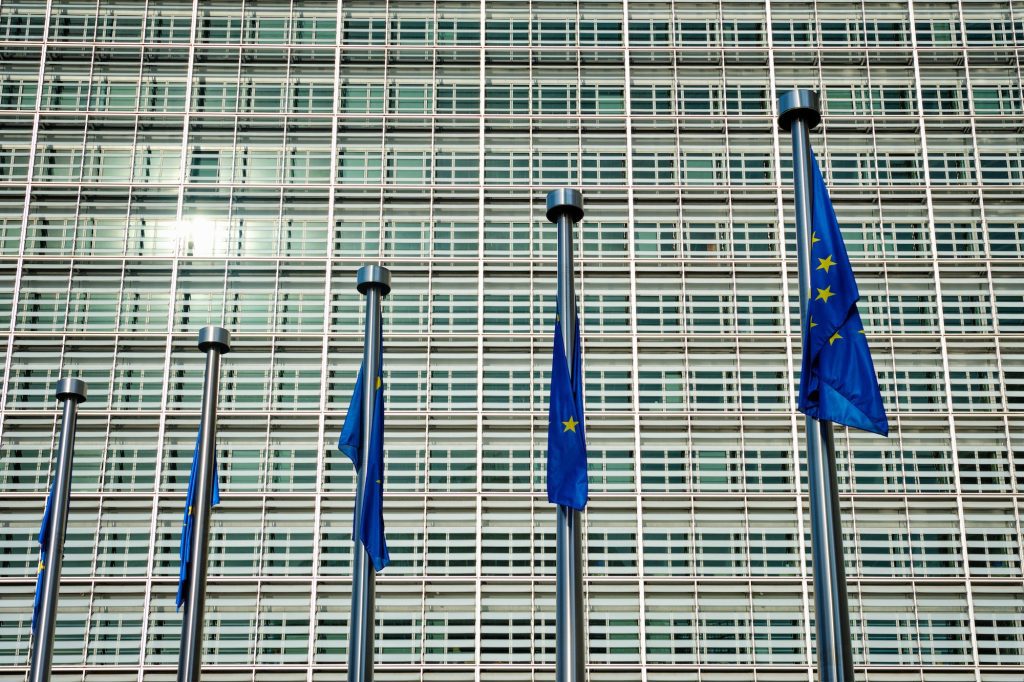Belgian EU Council presidency unveils framework for online child protection law
The document focuses on the roles of the Coordinating Authority and suggests possible criteria and scoring methodologies for assessing the risk associated with online services.

A newly revealed document from the Belgian EU Council presidency sheds light on the risk assessment framework crucial for drafting a forthcoming law aimed at detecting and eliminating online child sexual abuse material (CSAM). The document, shared with the Council’s Law Enforcement Working Party (LEWP), underscores the Coordinated Authority’s pivotal role in receiving risk assessments, implementing mitigation measures, and orchestrating efforts to detect, report, and remove CSAM across the EU member states.
Building upon earlier approaches by the Belgian presidency, the document delves into categorising potential risks associated with online services, offering detailed methodologies and criteria for practical application. These methodologies include evaluating service types, core architecture, effectiveness of safety features, and user tendencies. Notably, the categorisation spans various parameters, such as service policies, user behaviour patterns, and safety protocols, emphasising safeguarding child users.
Proposed scoring methodologies within the risk categorisation system aim to streamline assessment processes with options like binary questions, hierarchical criteria, and sampling methods. These practices, integrated into a multi-class scoring framework, evaluate the efficacy of service policies and features in preventing child sexual abuse, facilitating a nuanced understanding of risk levels across different platforms.
Why does it matter?
The document signals a clear approach to refining the CSAM legislation, emphasising alignment with fundamental rights and the need for robust safeguards. As discussions progress, the focus remains on extracting fundamental principles and identifying core aspects crucial for effective risk assessment and mitigation strategies in combating online child sexual abuse.

